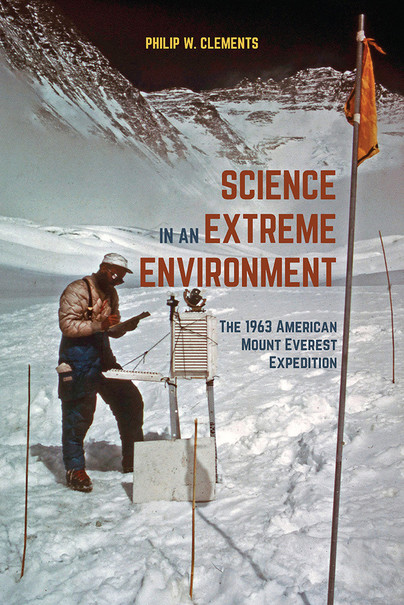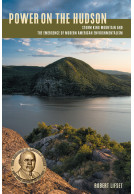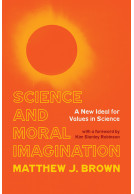Google Books previews are unavailable because you have chosen to turn off third party cookies for enhanced content. Visit our cookies page to review your cookie settings.
Science in an Extreme Environment (Hardback)
The 1963 American Mount Everest Expedition
Imprint: University of Pittsburgh Press
Pages: 296
Illustrations: 16 b&w Illustrations
ISBN: 9780822945116
Published: 7th February 2018
Script Academic & Professional
Pages: 296
Illustrations: 16 b&w Illustrations
ISBN: 9780822945116
Published: 7th February 2018
Script Academic & Professional
You'll be £41.00 closer to your next £10.00 credit when you purchase Science in an Extreme Environment. What's this?
+£4.99 UK Delivery or free UK delivery if order is over £40
(click here for international delivery rates)
Need a currency converter? Check XE.com for live rates
(click here for international delivery rates)
Need a currency converter? Check XE.com for live rates
On February 20, 1963, a team of nineteen Americans embarked on the first expedition that would combine high-altitude climbing with scientific research. The primary objective of the six scientists on the team—who procured funding by appealing to the military and political applications of their work—was to study how severe stress at high altitudes affected human behavior. The expedition would land the first American on the summit of Mount Everest nearly three years after a successful (though widely disputed) Chinese ascent. At the height of the Cold War, this struggle for the Himalaya turned Everest into both a contested political space and a remote, unpredictable laboratory. The US expedition promised to resurrect American heroism, embodied in a show of physical strength and skill that, when combined with scientific expertise, would dominate international rivals on the frontiers of territorial exploration. It propelled mountaineers, scientists, and their test subjects 29,029 feet above sea level, the highest point of Chinese-occupied Tibet. There they faced hostile conditions that challenged and ultimately compromised standard research protocols, yielding results that were too exceptional to be generalized to other environments. With this book, Philip W. Clements offers a nuanced exploration of the impact of extremity on the production of scientific knowledge and the role of masculinity and nationalism in scientific inquiry.
Other titles in University of Pittsburgh Press...















